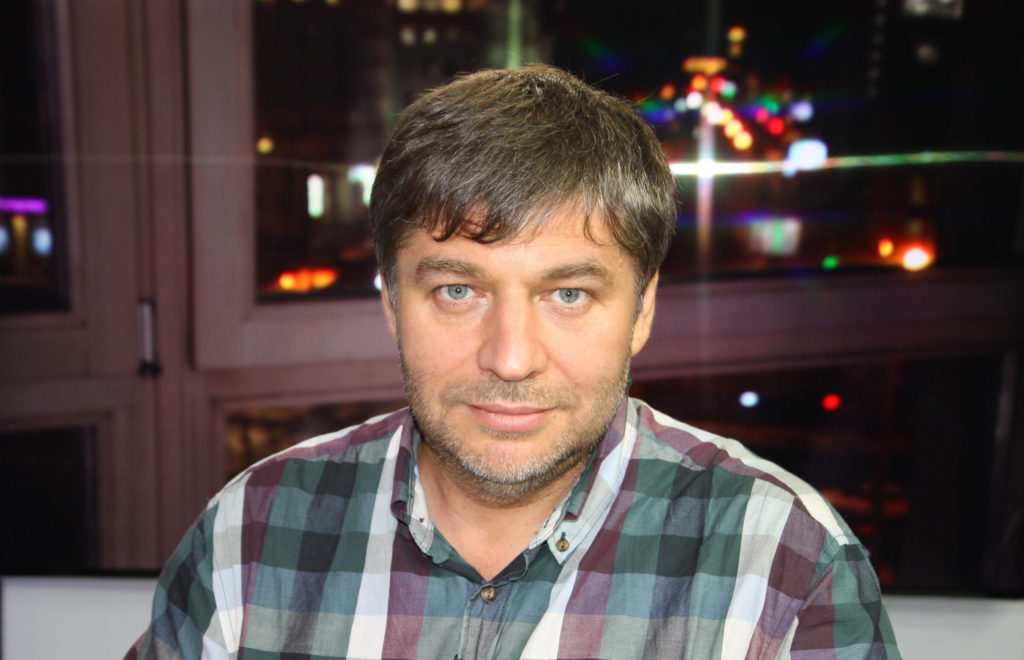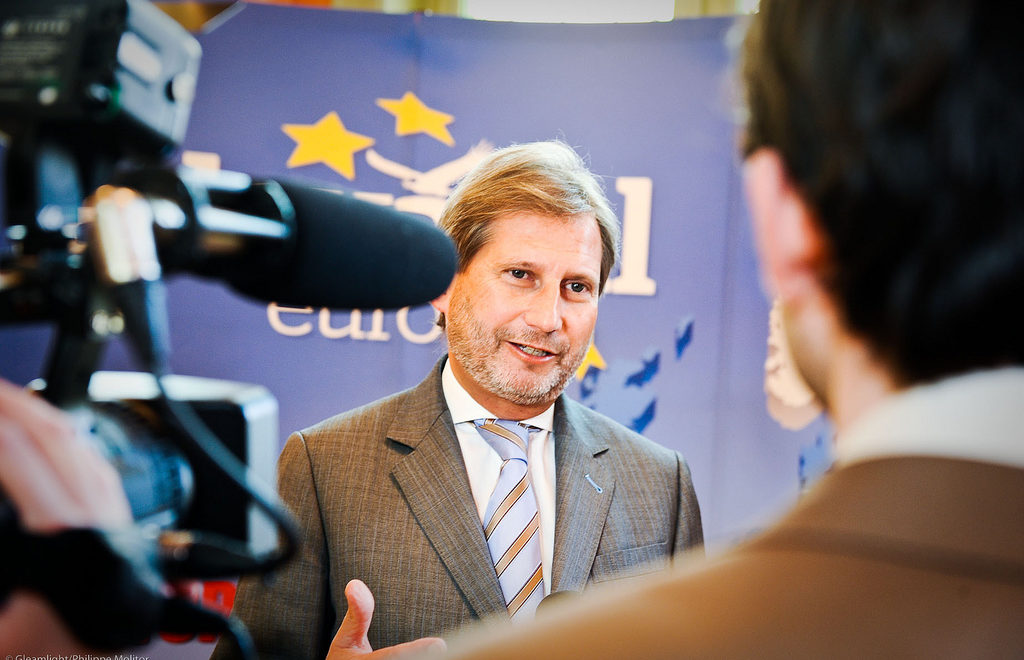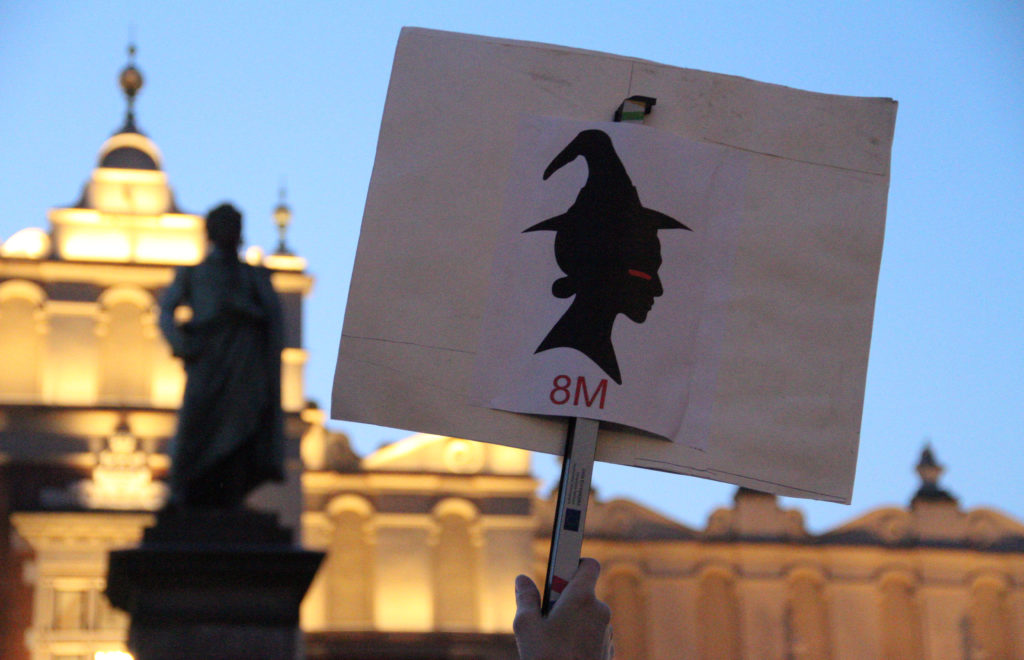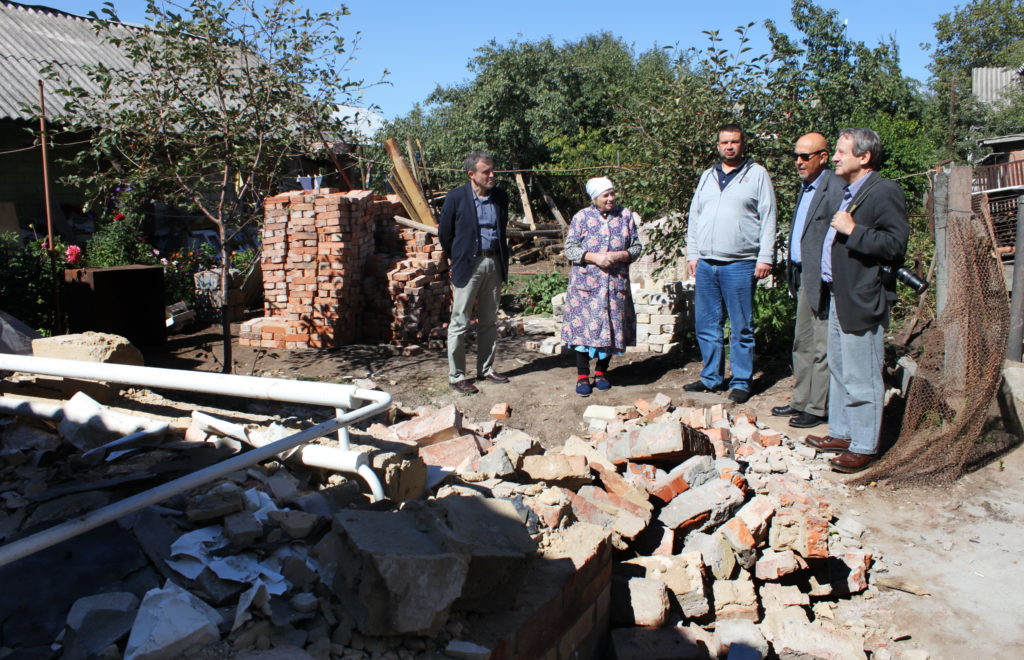Who are the Russians fighting on the side of Ukraine
In mid-March this year, Russians in the Belgorod and Kursk regions took to the polls to vote for their president to the tune of shots and explosions. Just days before the election, the two regions bordering Ukraine fell under relentless attack from Ukraine-based Russian military units. This was the third time that Russian citizens fighting under the command of GUR – Ukraine’s military intelligence unit – had made an incursion into their homeland following the Bryansk and Belgorod raids in March and May last year, respectively.
April 11, 2024 - Agnieszka Pikulicka-Wilczewska












































